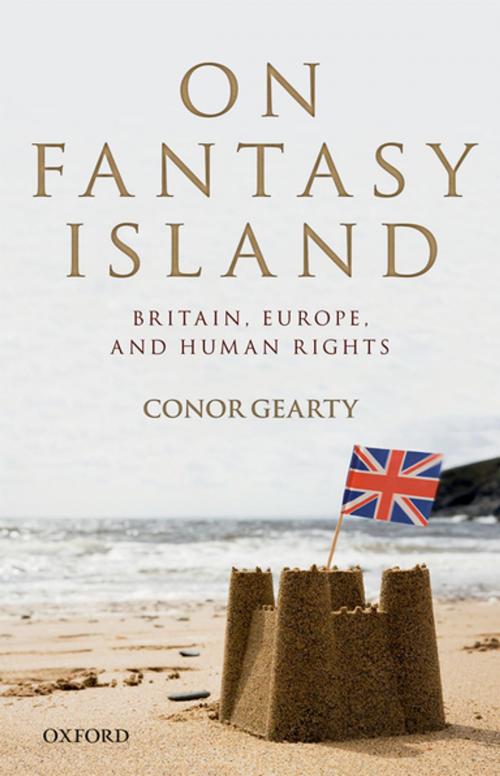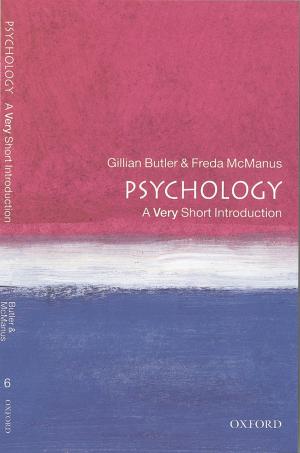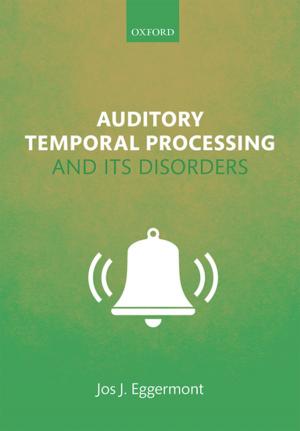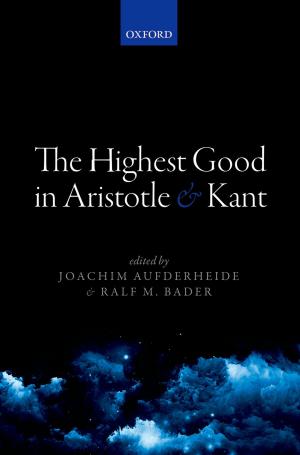On Fantasy Island
Britain, Europe, and Human Rights
Nonfiction, Reference & Language, Law, Civil Rights, Social & Cultural Studies, Political Science| Author: | Conor Gearty | ISBN: | 9780191091636 |
| Publisher: | OUP Oxford | Publication: | October 27, 2016 |
| Imprint: | OUP Oxford | Language: | English |
| Author: | Conor Gearty |
| ISBN: | 9780191091636 |
| Publisher: | OUP Oxford |
| Publication: | October 27, 2016 |
| Imprint: | OUP Oxford |
| Language: | English |
In the 2015 UK General Election, the Conservative party pledged to reset the UK's relations with Europe, holding an in-out referendum on membership of the European Union and repealing the Human Rights Act, to be replaced with a UK Bill of Rights. With the decision now taken to leave the EU, the future of the Human Rights Act and the UK's relations to the European Convention on Human Rights remains uncertain. Conor Gearty, one of the country's leading experts on human rights, here dissects the myths and fantasies that drive English exceptionalism over Europe, and shape the case for repealing the Human Rights Act. He presents a passionate case for keeping the existing legal framework for protecting human rights and our relationship with the European Convention. Analysing the reform agenda from the perspective of British law, history, politics, and culture, he lays bare the misunderstandings of the human rights system that have driven the debate so far. Structured in three parts, the book first exposes the myths that drive the anti-Human Rights Act argument. Second, Gearty outlines how the Act operates in practice and what its impact really is on the ground. Third, he looks to the future and the kind of Britain we want to live in, and how, for all its modesty, the survival or otherwise of the Human Rights Act will play a pivotal part in that future.
In the 2015 UK General Election, the Conservative party pledged to reset the UK's relations with Europe, holding an in-out referendum on membership of the European Union and repealing the Human Rights Act, to be replaced with a UK Bill of Rights. With the decision now taken to leave the EU, the future of the Human Rights Act and the UK's relations to the European Convention on Human Rights remains uncertain. Conor Gearty, one of the country's leading experts on human rights, here dissects the myths and fantasies that drive English exceptionalism over Europe, and shape the case for repealing the Human Rights Act. He presents a passionate case for keeping the existing legal framework for protecting human rights and our relationship with the European Convention. Analysing the reform agenda from the perspective of British law, history, politics, and culture, he lays bare the misunderstandings of the human rights system that have driven the debate so far. Structured in three parts, the book first exposes the myths that drive the anti-Human Rights Act argument. Second, Gearty outlines how the Act operates in practice and what its impact really is on the ground. Third, he looks to the future and the kind of Britain we want to live in, and how, for all its modesty, the survival or otherwise of the Human Rights Act will play a pivotal part in that future.















